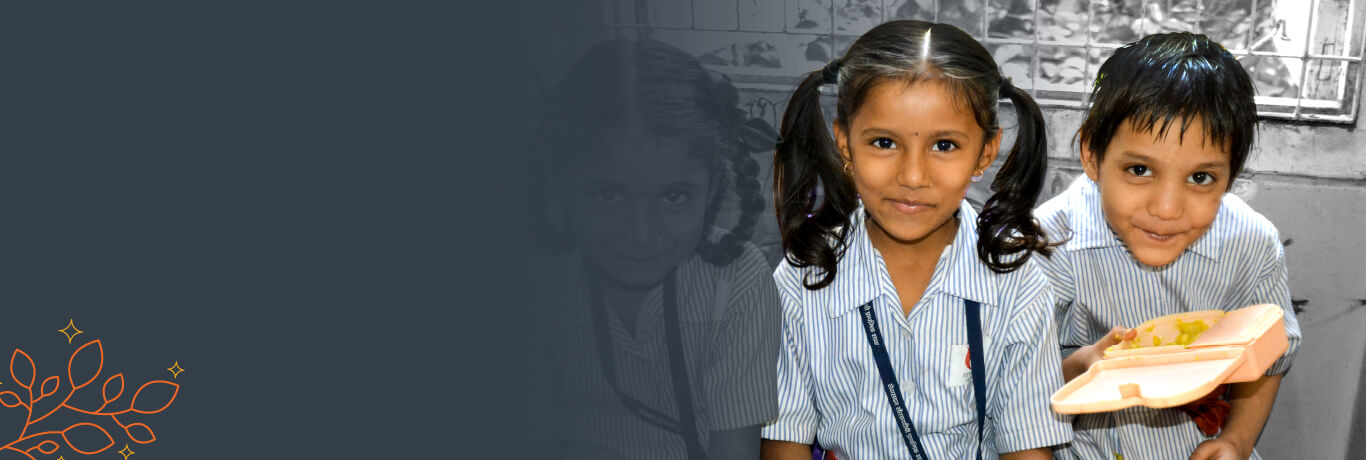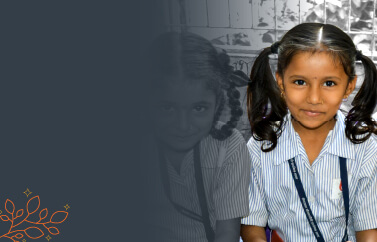


The mid-day meal programme came into being in its present form in India in –
1900s
The initial stages of this programme date back to the pre-independence era when a mid-day meal programme was introduced in 1925 in Tamil Nadu. The then Chief Minister of Tamil Nadu is often attributed to the first introduction of lunches to allow children from impoverished homes to have at least one proper meal during the day. The school where these first lunches were offered was Sourashtra Boys Higher Secondary School, Madurai.
Several changes have been made to the Mid-Day Meal Scheme since its inception in 1925.
In the school year 1962-62, the state government launched initiatives to sustain and expand this program further.
Since 1982, the Tamil Nadu government has worked to upgrade the mid day meal programme to a ‘nutritious food scheme’by focusing on the nutritional value of meals served in schools. This was done keeping in mind that 68 lakh children suffered from malnutrition at the time in the country.
By 1990-91, over a dozen states in India had instituted the mid day meal programme for all or most of the students in their area: Goa, Gujarat, Kerala, Madhya Pradesh, Maharashtra, Meghalaya, Mizoram, Nagaland, Sikkim, Tamil Nadu, Tripura, and Uttar Pradesh. Additionally, Karnataka, Odisha, and West Bengal received international aid to help with implementation, while in Andhra Pradesh and Rajasthan, the program was fully funded by foreign aid.
In 1995, the National Programme of Nutritional Support to Primary Education (NP-NSPE), the official alias for a mid day meal programme or the PM poshan yojana, was included as a Centrally Sponsored Scheme by the Indian government. It started by providing a dry ration @ 100 grams per child per day.
In 1997, Children’s LoveCastle Trust in Karnataka started providing mid day meals to eight schools by starting a food bank and an Anganwadi milk programme. The food bank programme was later replaced by the State Government’s or the PM poshan yojana.
2000s
In the year 2001, The Supreme Court of India asked the state governments to implement the Midday Meal Scheme and provide hot cooked meals to school children from Government and Government-aided schools.
To improve the nutrition factor, the scheme was revised in September 2004 to provide cooked food to all children studying in Classes 1-V (government and aided primary schools), including special-training centres. The number of calories provided per day was increased to 300 while the amount of protein being offered was raised to 8-12 grams per day, respectively. Additionally, the program also provides free supply of food grains and cooking cost @ 1/- per child per day.
Finally, the or the PM poshan yojana was extended to Upper Primary schools across India in 2007-08.
Arranging funds in the form of donations is always a big task. To manage it, the government introduced Section 135 of the Companies Act in 2014. Under this, it becomes mandatory for companies with a certain net worth and profits to be a part of social responsibilities. The corporate social responsibility (CSR) has become a legislative obligation, making India the first country to do so. This has helped many NGOs and non-profit organisations to gather the desired funds.
In the present scenario, Annamrita, along with multiple mid day meal NGOs, is working in the spirit of hope, optimism and valour with the Government of India to eradicate hunger and malnutrition by serving hot cooked meals to school children.
Join Hands with Annamrita to Serve a Kid

